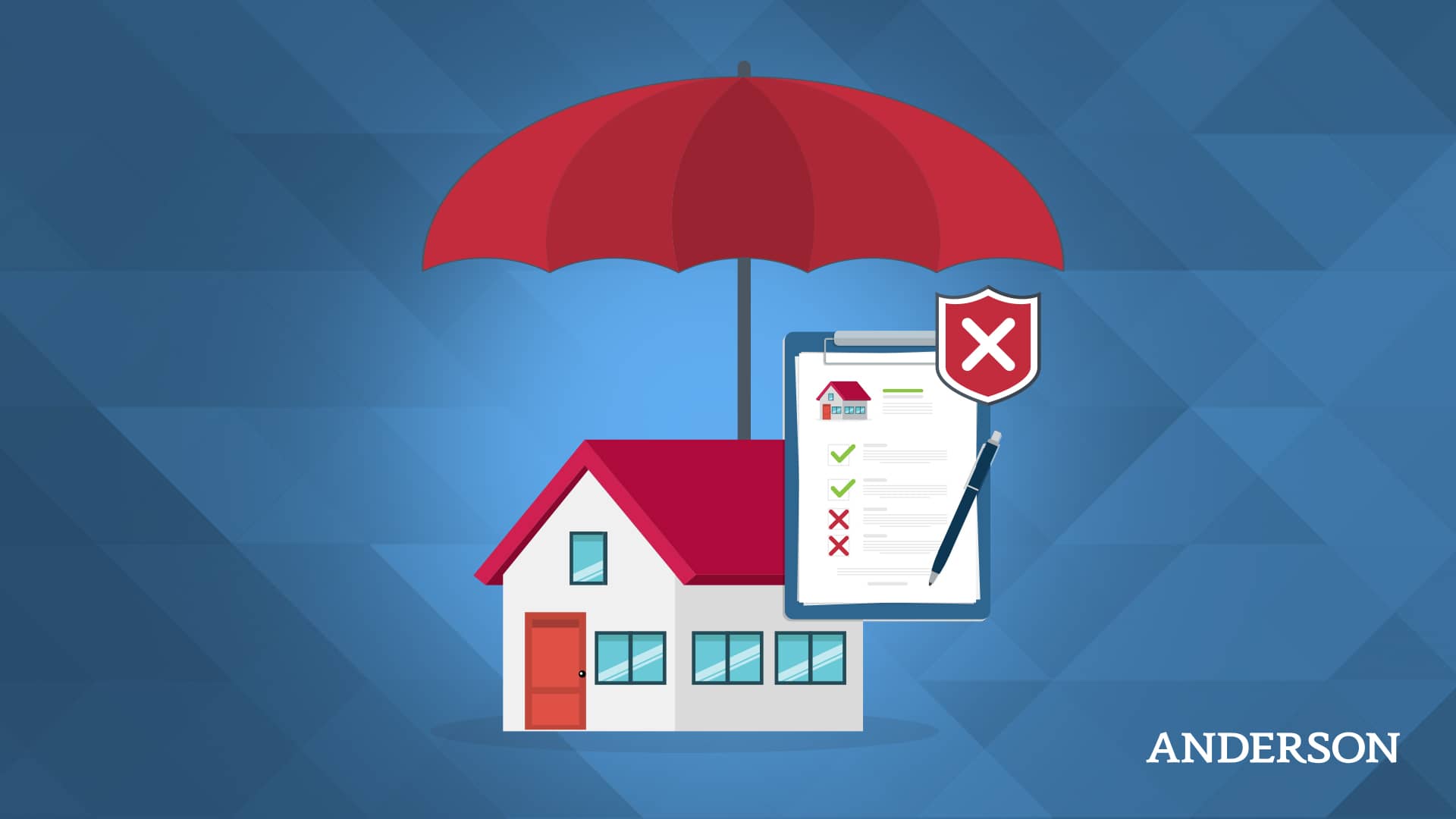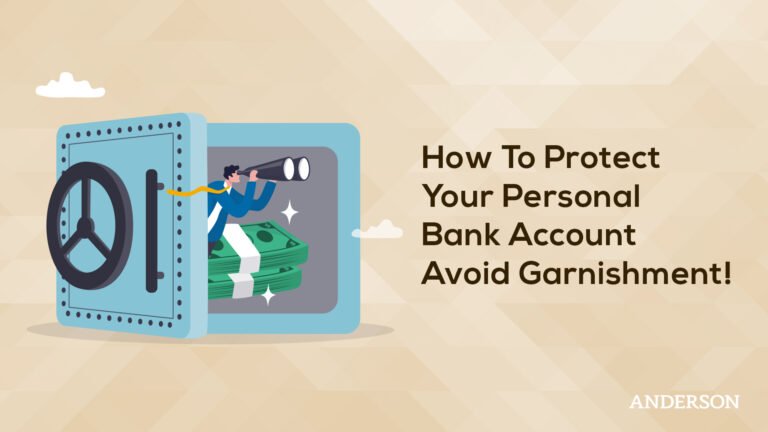
Insurance is a good way to protect yourself from large financial losses, but it’s not always enough to fully protect your assets. To safeguard your wealth and investments, it’s important to understand how insurance works, but you also need to have an asset protection plan in place that encompasses more than just insuring your assets. Knowing how to limit your liability and keep your personal and business assets separate is part of creating a plan to protect yourself and your investments. Educate yourself on insurance and asset protection so you can understand the difference and protect your hard-earned wealth.
Key Takeaways
- Protecting yourself from large financial losses and setbacks is the main reason you need insurance.
- Asset protection safeguards your investments from creditors that may come after you or your business.
- Insurance and asset protection aren’t the same things, and you need to have the right amount of each to limit your financial risk.
- The protection you need depends on a variety of factors, including your overall net worth, so it’s a good idea to create a plan with a financial advisor to ensure you and your assets are protected.
Why Do You Need Insurance?
An insurance policy is meant to protect you from financial losses. For example, if you own a rental property that’s damaged by a flood, an insurance policy that includes flood coverage could help cover the cost to repair or replace the property. Without insurance, you’d have to pay out of pocket for any costs associated with the flood damage. You can get insurance to protect most of your assets, including land, buildings, investments, jewelry, financial instruments, and even cash if you purchase the right insurance plan.
To receive payment from an insurance provider, you have to file a claim. The insurance company typically assesses the damage and determines the payout based on its unique way of calculating the value of the asset. Unfortunately, there are many situations that insurance doesn’t cover, which could leave your assets vulnerable. This is why insurance isn’t enough to protect your assets. Insurance is only one form of protection investors use to keep their assets safe, but if you want to truly guard your assets, you should consider a broader asset protection plan.
Tax & Asset Protection Workshop
Learn about Real Estate & Asset Protection at our next
FREE LIVE STREAM
Why Do You Need Asset Protection?
Asset protection differs from insurance because it provides some separation between you and your assets to protect them from creditors. For example, if you’re a business owner who gets sued, the plaintiff could try to seize both your personal and business assets if you aren’t properly protected. When you include asset protection planning in your estate, you can avoid significant investment losses if you’re involved in a lawsuit or other event that affects your financial situation. Your assets are most vulnerable when something in your life changes.
Getting married is a good example of a life event that could require asset protection. In the case of a divorce, you can keep the assets you owned before the marriage as long as you protected the assets before you got married. This is sort of like a prenuptial agreement, except you can do this without the consent of your future partner.
If you have specific wishes for your estate when you pass away, it’s important to have asset protection in place. It can make sure your wealth is distributed the way you want it to be. Probate can be a long process that happens when a will is contested or absent, but the right asset protection plan can help your heirs avoid probate or shorten the time frame for this lengthy court procedure.
What’s the Difference Between Insurance and Asset Protection?
Insuring your assets means buying a policy that requires you to make a monthly or annual premium payment, and in return, the insurance provider financially protects the insured item. The company will pay to repair or replace all or part of an item if something happens to it, as long as the damage or loss is within the scope of your coverage, which is detailed in your contract. You likely need a separate insurance policy for each of your assets.
Asset protection, on the other hand, is a legal way to protect your assets from creditor claims. It arranges your assets in a way that makes it challenging for creditors to access them. It’s recommended that you put asset protection in place well before you need it because you can’t use asset protection to safeguard your investments after you’ve been sued or involved with a creditor who’s coming after any of your assets. The higher your net worth, the more asset protection you need. Even if you don’t have large debts, people may sue you unexpectedly.
How Much Insurance Do You Need?
The insurance coverage you need will depend on your investment portfolio and wealth. There are many types of insurance coverage, including:
- Homeowner’s insurance
- Car insurance
- Health insurance
- Life insurance
- Long-term care insurance
- Disability insurance
Your bank accounts and securities are most likely insured by the Federal Deposit Insurance Corporation or the Securities Investor Protection Corporation. Both organizations aim to help protect depositors and investors from major losses if a bank becomes insolvent or a brokerage firm experiences financial difficulties with the stocks and bonds in its portfolios.
Talk to a financial advisor to find out how much insurance coverage is right for you. Protect your investments and your finances by having enough insurance to cover losses or damage when they happen, but without overinsuring and increasing your monthly expenses unnecessarily.
How Much Asset Protection Do You Need?
Like insurance coverage, the amount of asset protection you need will depend on your wealth. Those with few assets won’t benefit from asset protection, but when your holdings are substantial, you need the proper protection. There are many ways to protect yourself from creditors to ensure your assets are safe. Asset protection trusts can remove your assets from your direct ownership, leaving them accessible to you but making it difficult for a creditor to put a lien against your property. You could also consider opening an offshore account that’s inaccessible to the U.S. government.
Gifting property or other assets to a family member is another way to protect your investments while keeping them accessible. Remember that an advisor can help you find legal ways to protect your assets from governmental organizations, creditors, and others who threaten your wealth. It’s not easy to understand the wide array of options you have when it comes to asset protection. That’s why you might need the help of a professional who can guide you in creating and implementing an asset protection plan.
How To Make Sure Your Assets Are Protected
Here are details about ways to make sure your assets are protected:
Buying Insurance
Insurance is a key component to protecting your assets. Even though it’s not the only protection you need, having the right insurance policy could save you a lot of money if something happens to your assets. Choosing the right coverage options is part of effective financial planning.
Transferring and Retitling Property and Assets
Transferring your assets to family members, such as children or a spouse, is one way to distance yourself from your assets. If a creditor comes after your wealth, a home you bought and paid for that’s in someone else’s name will be hard for them to access when they try to collect a debt. You can also own property jointly to keep it safe from some creditors. Retitling it to have someone’s name alongside yours can be enough to keep it safe in some cases.
Creating a Limited Liability Company
Forming an LLC or a family limited partnership and giving ownership of your business assets to the company can protect your assets if someone sues you personally. It can also be difficult for creditors to gain access to the assets in your LLC or FLP because there are multiple owners, and the assets don’t technically belong to you or your family members. Instead, they belong to the entity.
Setting Up a Domestic or Offshore Trust
Only some states allow for domestic asset protection trusts, but these trusts protect your assets from creditors even if you’re the beneficiary. This type of safeguard can make your assets less liquid, but it’s a great way to keep them out of the hands of creditors. An offshore trust is an account you set up in a foreign country, typically one that won’t recognize judgments from U.S. courts. Make sure you know the laws in the country where you want to set up the trust so that you understand the pros and cons.
If you need help with estate planning and asset protection planning, you can trust the team at Anderson Advisors. We understand how to help our clients keep their assets safe and secure. Give us a call or schedule a strategy session today to protect the wealth you’ve worked so hard to accumulate.
Free Strategy Session with an Anderson Advisor
Receive a detailed risk assessment to assist in lowering problem areas that could wipe out all of your assets with one wrong move. Speak with an Anderson Professional Advisor to get your FREE Strategy Session. Limited-Time Offer: FREE (a $750 value.)











